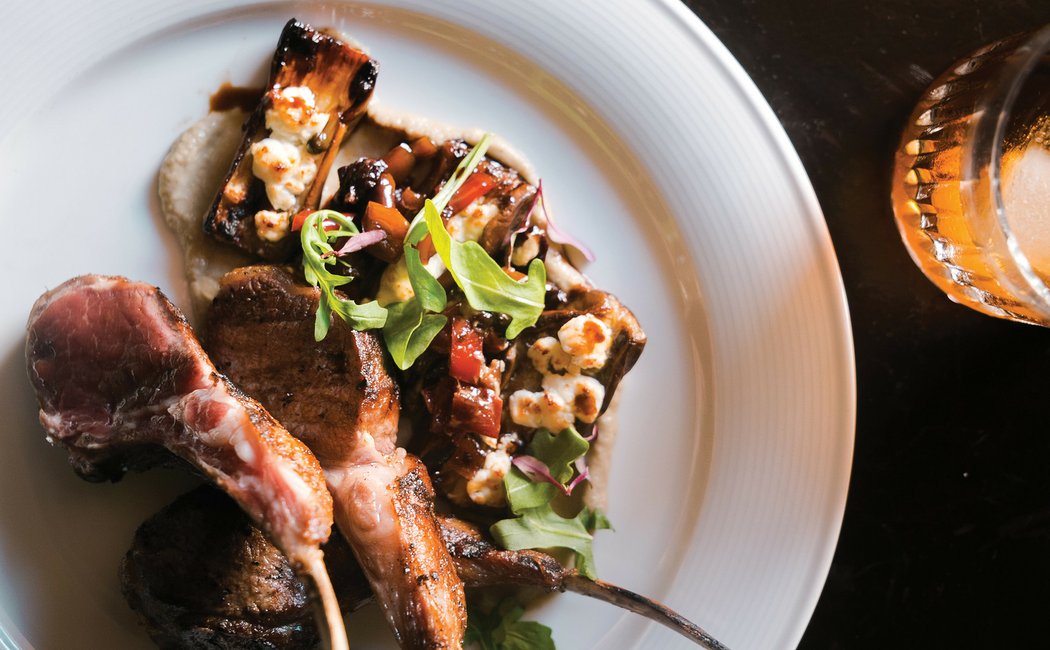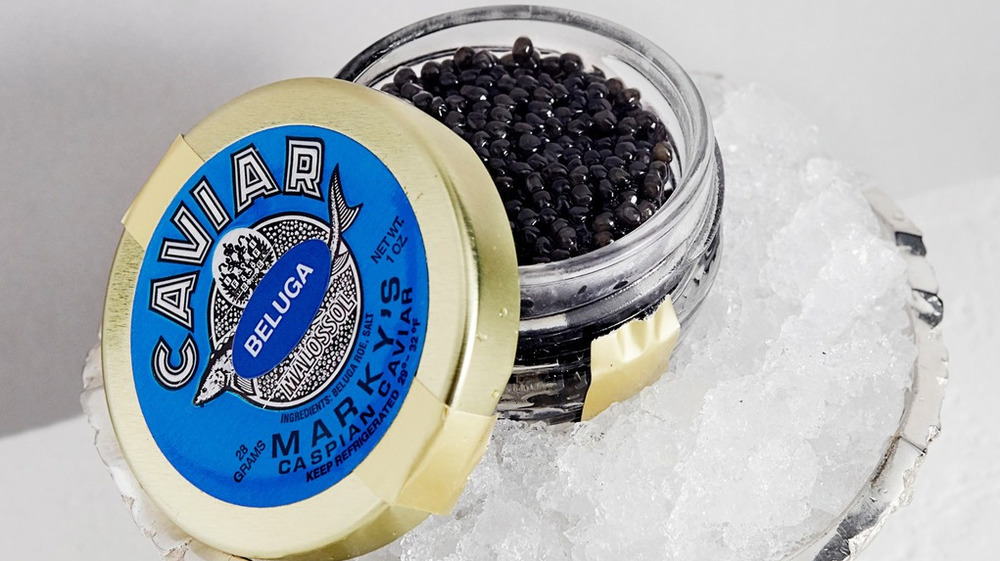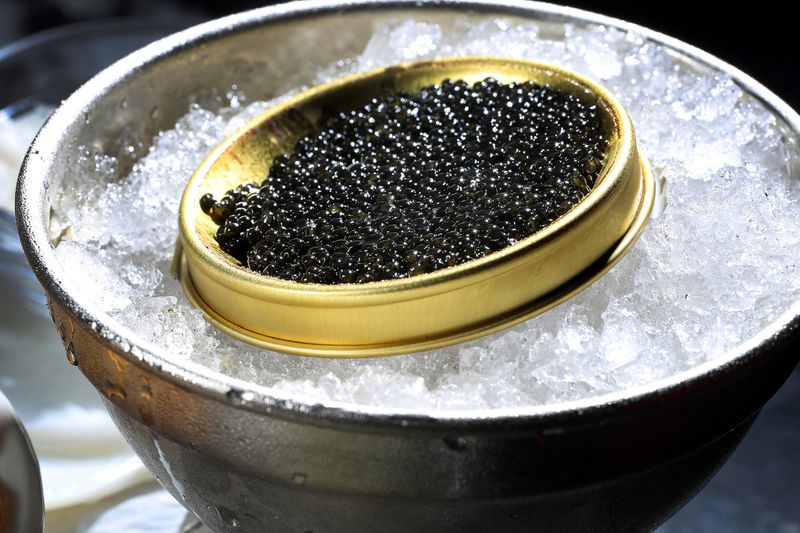Florida farmers could see caviar dreams come true
BY SUSAN SALISBURY
The Palm Beach Post
Mon, Nov. 06, 2006

Dining on caviar is nothing new in a state that boasts some of the richest municipalities -- and palettes -- in the nation.
But producing caviar?
Because the U.S. government has shut down foreign imports of the delectable, yet pricey, eggs of the endangered Caspian Sea beluga sturgeon, patrons of the region's finer restaurants will be forced to dine more on farm-raised caviar from California and yes, Florida. Other countries can also still ship farm-raised caviar.
The import ban on ''wild'' caviar, which began in September 2005 with the sought-after beluga, was expanded in January to include two other wild caviars from the Caspian region, osetra and sevruga.
The only country permitted to export the product this year is Iran, which produces a wild golden osetra being offered up at the Four Seasons Resort in Palm Beach for $300 an ounce.
''That is the future of caviar,'' said Hubert Des Marais, executive chef at the Four Seasons. Diners are accepting the farm-raised products, he said, and caviar is as much in demand as ever.
''Absolutely,'' Des Marais said. ''We sell a lot of all of it.'' The timing is right with world supplies of imported wild caviar down the last few years to a mere trickle of about 50 tons a year from 3,500 tons during the 1990s, said Frank Chapman, a University of Florida professor who has worked on sturgeon production and technology for 25 years.
''Caviar supplies from the wild have totally collapsed,'' Chapman said. ''That does not mean that the demand has gone away.'' Entrepreneurs are starting sturgeon farms up and down the eastern seaboard from Georgia northward into Canada and in countries such as France, Italy, Germany, Spain, China and Abu Dhabi.
VALUABLE CROP
They're hoping to cash in on what is the highest-value crop in aquaculture, Chapman said. Caviar typically sells for $100 an ounce retail. Even if farmers were receiving only a fraction of that, say $10 an ounce, that would equal $160 a pound, or $320,000 a ton.
''The returns are better than anything else in the world,'' Chapman said. ''Way better.'' In addition to the Iranian osetra, the Four Seasons' selection also includes farm-raised osetra from Italy at $125 an ounce and Uruguay at $100 an ounce. Other roes offered at the Four Seasons for $50 an ounce are hackleback and paddlefish, both wild-caught in the U.S. Since the roes are not from sturgeon, federal law states they can be called caviar only if the name of the fish comes first, as in ``paddlefish caviar.''
By December -- just in time for the high tourist season -- Florida farm-raised caviar from outfits such as Sturgeon Aquaculture Demonstration Program at Mote Marine Laboratory in Sarasota will make its debut and is expected to grow larger over the next few years.
Jim Michaels, manager, Sturgeon Aquaculture, anticipates a first-year crop of less than 220 pounds from the venture begun in 1998, `and said profits will go back into research.
Bradley Weiss, co-owner of Gary's Seafood in Orlando, which distributes to high-end restaurants in Palm Beach such as Chez Jean-Pierre Bistro and Cafe L'Europe, said Mote's caviar will be sought-after.
`IT WILL BE HOT'
''I think it will be hot,'' Weiss said. ''There are a lot of high-powered chefs out there that want it. There are a lot of people with a lot of money that like caviar.'' Caviar will also be coming out of two other Florida sturgeon farms. Homestead-based Rokaviar is expecting to produce 3,000 pounds from its first crop in 2007, said Ricardo Armelin, who manages the farm that received its first eggs from Russia in 1999.
Marky's, a Miami-based caviar distributor that owns Sturgeon AquaFarms LLC in Volusia County, will begin selling that caviar 18 months from now, and some of it will be beluga, said Moshe Cohen, director of sales.
The two tons of caviar production within the next two years will also include osetra and sevruga.
Chapman said the Florida industry's birth has been a long, slow struggle.
''Sturgeon agriculture was never heard of in the world, except for a few farms in California. Then there is this crazy guy who comes in here and says we are going to do this,'' Chapman said. ``Finally we have a few takers.''
http://www.miami.com/mld/miamiherald/business/15927159.htm?source=rss&channel=miamiherald_business







